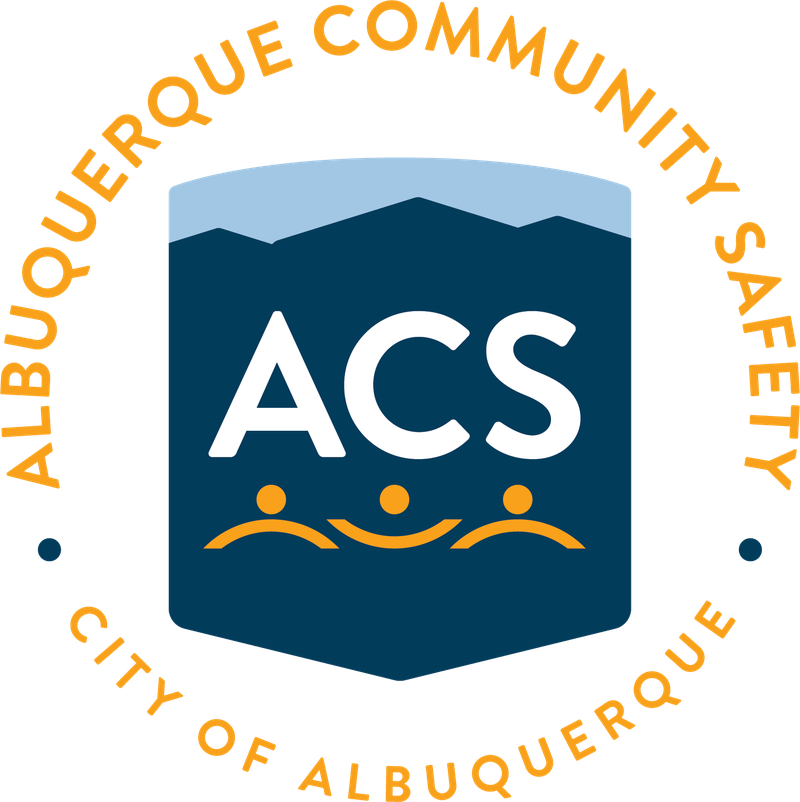
ACS Responders help man with TBI get home safely
Responders overcome communication barriers to reunite man with family
ALBUQUERQUE - Albuquerque Community Safety (ACS) responded to a call for assistance from the Albuquerque Fire Department for an individual they believed to be unhoused that had wandered into to a local fire station. The man was in his mid-60’s and in need of some sort of assistance, but he had difficulty communicating. After diligent work by ACS Responders, it became clear that the man had a traumatic brain injury (TBI) and was lost. The man was unable to provide his home address nor the contact information for anyone he knew.
“We soon came to realize that the man was not unsheltered and simply needed help getting home,” said Behavioral Health Responder, Isaiah Curtis. “His inability to communicate presented a unique challenge for us but we were happy to spend as much time as needed to help him.”
With the little information available, ACS Responders reviewed previous reports in hopes of finding a fitting description of the man and an address that could be his residence. They found multiple reports and a possible address for the man. ACS Responders offered him a ride and began heading in the direction of the address. The man began to recognize the surroundings and was able to point Responders straight to his home.
Upon arrival, ACS Responders were greeted by the man’s family. An older brother confirmed his TBI explaining to Responders that the man left without warning and shared that their mother was so worried that she filed a missing persons report earlier in the day.
“The successful resolution of this situation highlights the crucial role of community-based support services in addressing complex needs that extend beyond traditional emergency responses,” said ACS Mental and Behavioral Health Division Manager, Walter Adams. “The Responders’ dedication not only helped reunite a lost individual with his loved ones, but also showed the essential synergy needed from community services to provide comprehensive care and support.”
By leveraging their expertise and resources, ACS Responders were able to bridge the gap in communication and ensure the individual's safe return to his family. This outcome demonstrates the importance of collaboration between different emergency services and the need for specialized support systems to handle cases involving individuals with cognitive and communicative challenges.
The incident serves as a reminder of the value of ongoing coordination and training in effectively managing diverse and potentially vulnerable populations within the community.
